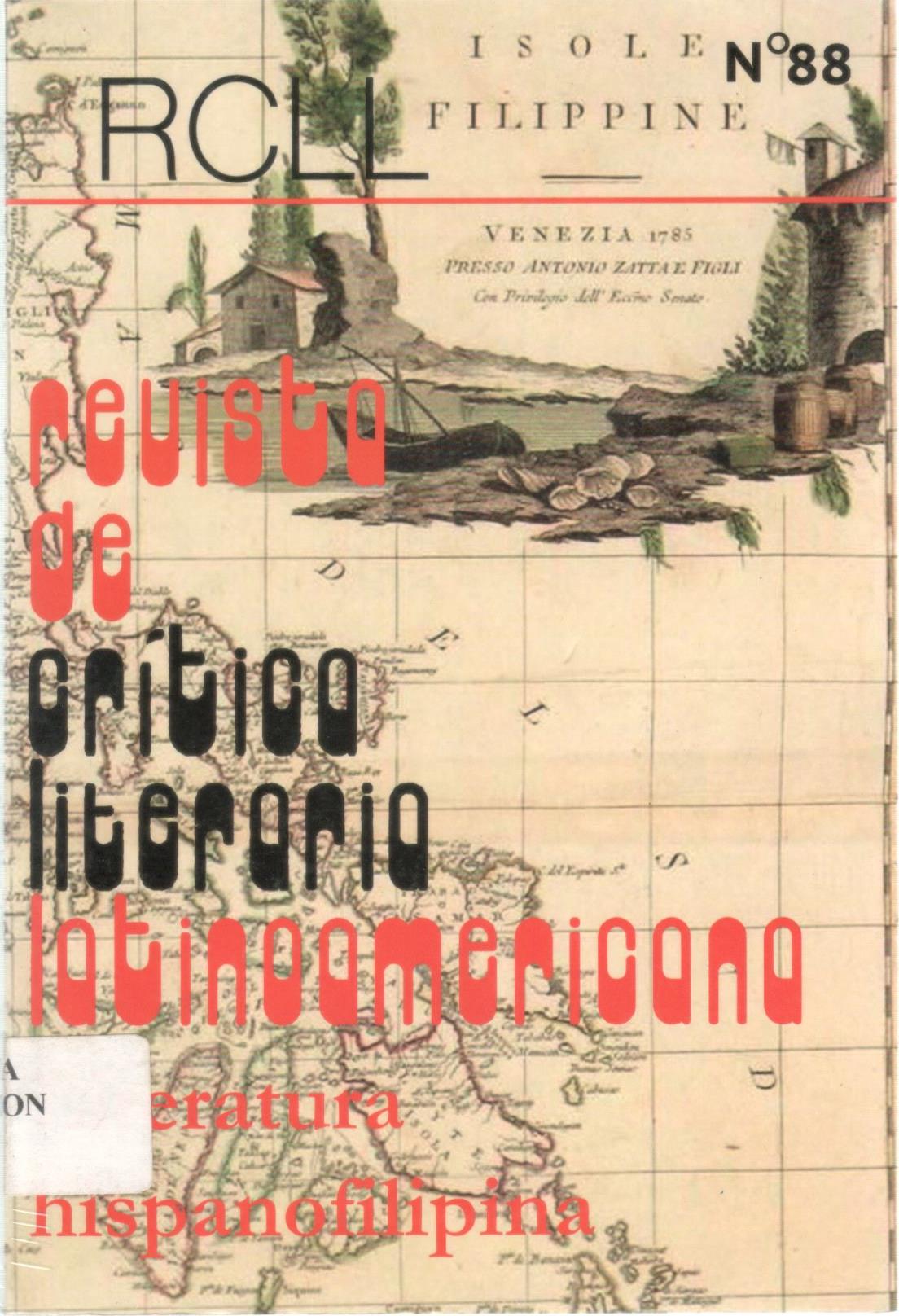La adolescente en la colonia y los crímenes necesarios contra la familia. La “dichosa pecadora” de Bartolomé Arzáns de Orsúa y Vela
Keywords:
Potosí, Arzáns, colony, woman, violence, patriarcalism, history, fiction, Virgin, crime, parricideAbstract
This article studies the representation of violent women in colonial Potosi as told by Bartolomé Arzáns de Orsúa y Vela (1673-1736) in his Historia de la Villa Imperial de Potosí. Following a contextualization of colonial violence and of the narrator’s ideological perspective in his description of women, the analysis focuses on the story of Estefanía, a 14 years old young woman. Arzáns shows, in this story, the social tensions between women and Potosi’s patriarchal society. This article aims to demonstrate that the crimes of this young woman, although na- rrated from a catholic and moralist perspective, portrait the drama of a young woman confronting a repressive patriarchal system. Thus, Arzáns’ text presents an ambivalence: on the one hand, by condemning the young woman, and on the other, by covertly admiring her life. The sentence “Oh dichosa pecadora” (Oh happy sinner) summarizes this ambiguity. The sinner is happy because she re- pents of her sins, and with the help of Virgin Mary it is believed that she will go to heaven, but, at the same time, she may be happy in Arzáns’ view (as well as in the reader’s perspective of today) because of her independent life as well as for challenging the patriarchal system.





